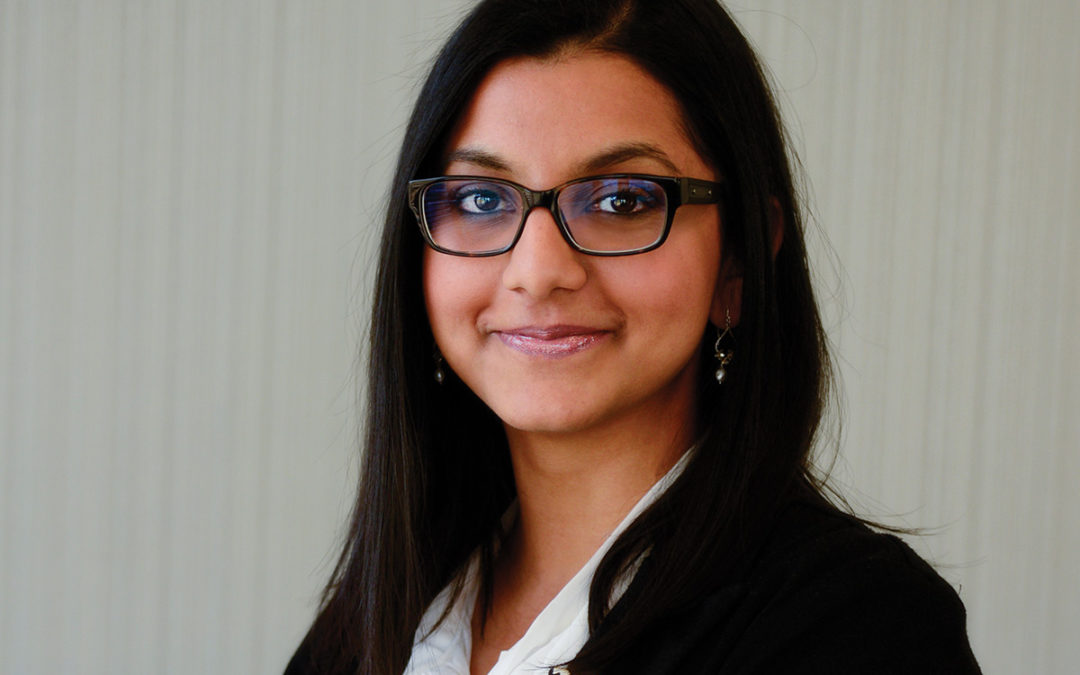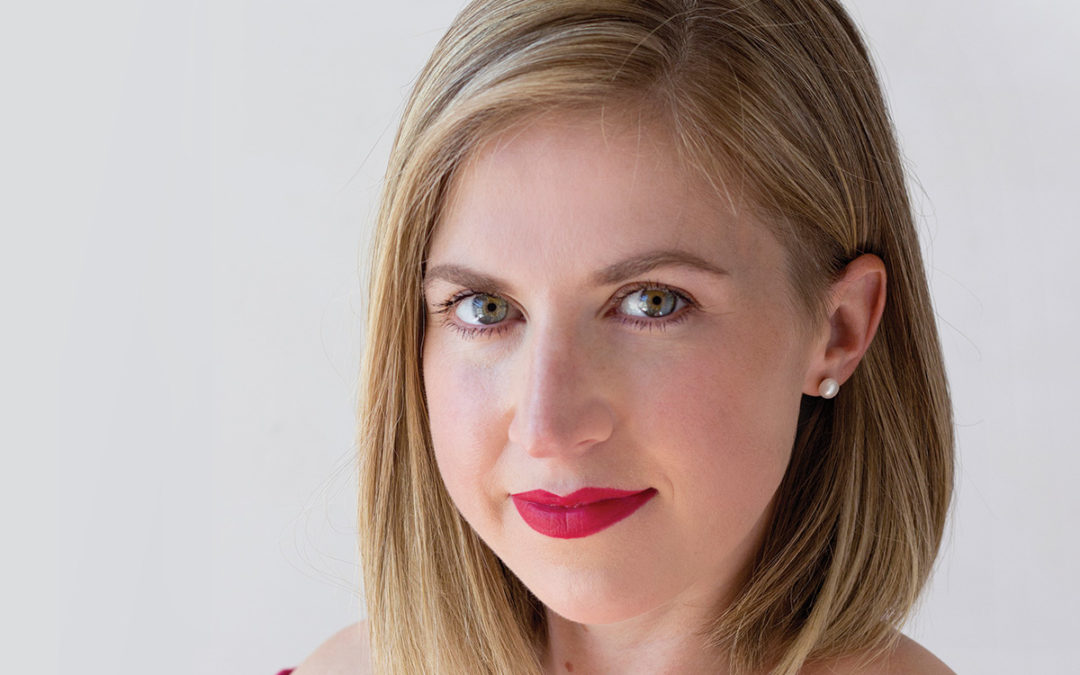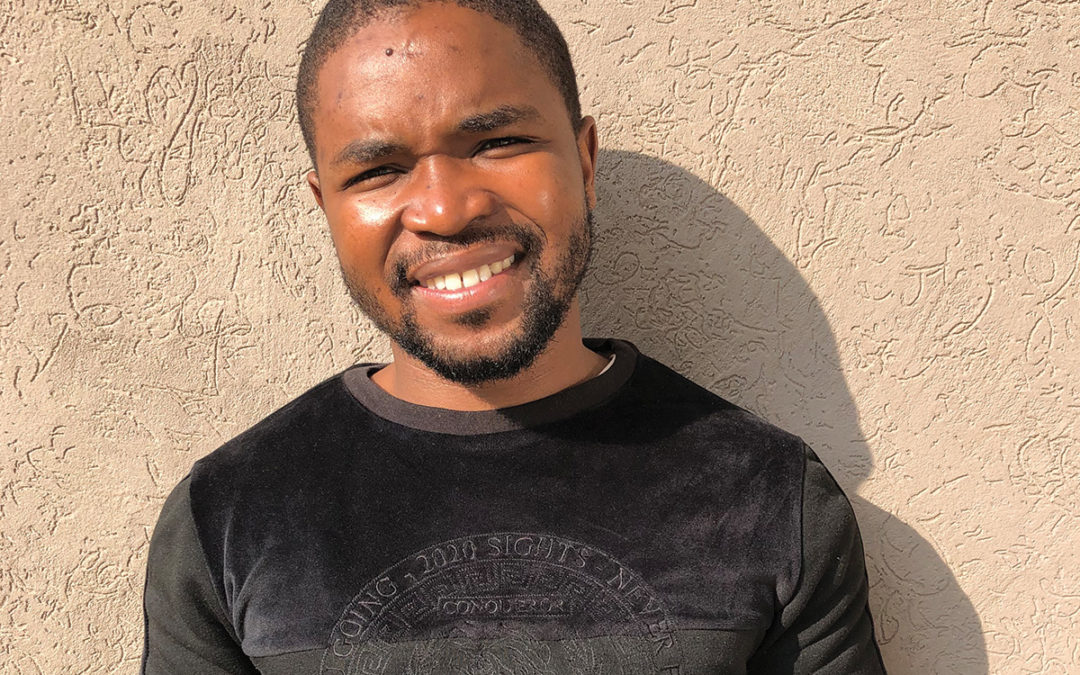Thabang Pooe has made it her mission to embrace her talents so that she can inspire other women to do the same. But it hasn’t always been easy.
Today, she speaks with such self-confidence that it’s hard to believe this is the same woman who felt she had to apply to the Constitutional Court during her post-varsity fellowship at Section27 in secret. Some people had said she was only there because of her Black Economic Empowerment credentials, so for fear of rejection, she went it alone. Turns out she proved everyone, including herself, wrong. She was appointed by Justice Zak Yacoob as the clerk for Justice Mbuyiseli Madlanga. Her next step was to graduate from the University of California, Los Angeles, with an LLM.
Growing up in Kgabalatsane, North West, professional female role models were thin on the ground. For young girls it seemed there were no opportunities and got into relationships with older men in the belief they would have a better life. Many fell pregnant before completing matric. Lawyers or business people were men, while girls, out of necessity would seek out a man to rely on, sometimes falling pregnant before matric. Pooe’s parents were teachers and worked hard to send her to a good school. She learned early that she could harness her education to change her circumstances. Because of this foundation, she’s dedicated her post-university career to the fight for equal education for all.
“South Africa has high rates of youth unemployment and high drop-out rates. An educated youth will result in more young people accessing institutions of higher education, entrepreneurship, and a more active citizenry. That is the impact I want to see in my work.”




















